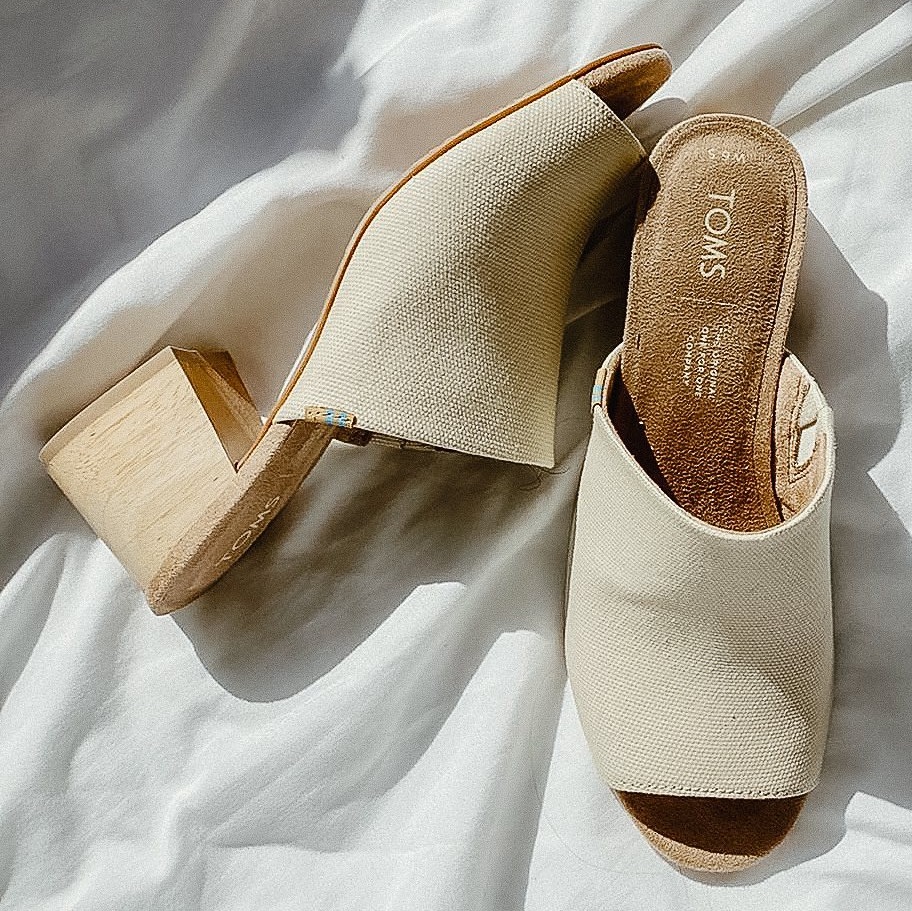
Ahead of its 15-year anniversary next month, Los Angeles-based footwear company TOMS has decided to change up their impact strategy. For years, they employed a One for One model, whereby for every one pair of shoes sold, a pair of shoes were donated. Now, the One for One social impact model they pioneered will be replaced by a new giving model.
Moving forward, TOMS will be donating one third of its annual net profits to grassroots organizations.
Amy Smith, TOMS’ chief strategy and impact officer, says that the decision reflects the company’s desire to have an even greater impact. Smith claims that donating one third of profits each year will allow them to help more people in need than before.
TOMS intends to work specifically with community-driven organizations that focus on mental health, ending gun violence, and increasing access to opportunities for BIPOC, women and girls, and the LGBTQ+ community.
Two organizations TOMS will be donating money to are Centrepoint in the United Kingdom and Life Camp in New York. Existing partners the company will continue to work with under their new corporate social responsibility model include Cities United, which is committed to reducing homicides and shootings of young black men and boys in the US, Homeboy Industries, a gang rehabilitation and re-entry program, and Magic Bus, focused on helping children in India complete their education and develop the necessary skills to overcome poverty.
Alongside their renewed dedication to social responsibility, TOMS has also shown unwavering commitment to environmental sustainability. Thus, it came as no surprise that they were recently certified as B Corp. This was done by releasing their plant-based earthwise product line, improving energy efficiency of their offices, and increasing use of eco-friendly materials. In the next 12 months, they are aiming to add 30% more sustainable products to their offerings, all within the earthwise framework (which requires the use of 100% chemical-free plant dyes, organic cotton, and a minimum of 50% recycled polyester).





